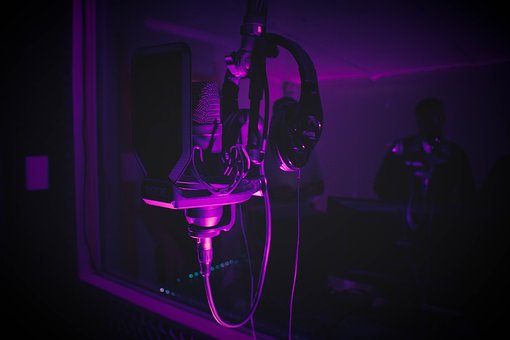Copyright registration in New Zealand. New Zealand is an island country in the southwestern Pacific Ocean. New Zealand has an advanced market economy, ranked 14th in the 2019 Human Development Index and third in the 2020 Index of Economic Freedom. It is a high-income economy with a nominal gross domestic product (GDP) per capita of US$36,254. Accordingly, many businesses want to enter this market and one of the most important preparations a business needs to take before expanding to this country is to learn the procedure of copyright registration in New Zealand.
Copyright in New Zealand
Unlike other intellectual property rights such as trademarks, patents, industrial designs, plant varieties, etc., copyright does not need to be registered for protection but will be automatically protected from the time the works are created.
The creation must be visible in a certain material form, like content, quality, form, medium, language, published or unpublished, registered or unregistered.
Accordingly, whether registered or not, the copyright to the work will still be protected. However, the creator should still apply for copyright registration in New Zealand early because early registration will give the author/owner of the work many advantages in the event of a dispute.
When unauthorized use of work occurs around the world, the owner of a work who has made a copyright registration in New Zealand will not have to waste time and complicate matters with proving himself/herself to be the legitimate owner of the work.
Thereby, in order to avoid passivity, the owner of the work should make a copyright registration in New Zealand immediately to protect their rights and interests when there is an infringement.
Copyright registration in New Zealand
New Zealand is a member country of The Berne Convention for Copyright since 1928.
The Berne Convention for the Protection of Literary and Artistic Works (the Berne Convention) is an international agreement governing copyright. The agreement was first accepted in Berne, Switzerland, in 1886.
As New Zealand is a contracting party of the Berne Convention, any work originating in New Zealand will be given copyright protection in each of the Berne Convention member countries.
In most countries, copyright protection is automatic as soon as the work existed in material form. However, the copyright registration in New Zealand is critical in order for the copyright owner to obtain evidence of copyright.
Evidence of copyright is extremely important even when the works are automatically protected according to copyright law.
When registering, the work will get an application submission date, as well as information about the creation and proof of creative concept and development. This provides unambiguous proof of authorship and ownership that can’t be denied.
Proof of copyright is essential in an age when the publishing, dissemination, and theft of material is extremely easy with the exposure of the Internet.
If copyright registration is not made, copyright owners will lose a big amount of money as well as time needed to resolve issues related to copyright, proving ownership of the original work.
If the copyright owner has already registered for copyright protection to the IP office, they would have a strong legal foundation which would increase their chance of winning against the violating parties.
Documents for copyright registration in New Zealand
To obtain copyright registration in New Zealand, the author of the work needs to prepare the following documents:
- Declaration of copyright registration in New Zealand;
- Two copies of copyrighted work;
- Documents proving the right to apply;
- Written consent of co-authors, if the work has co-authors;
- Written consent of the co-owners, if the copyright is jointly owned;
- Notarized identity card of the author or owner of the work;
- Power of Attorney, if the applicant is an authorized person;
- Notarized copy of the company’s business registration certificate (if the owner is a company).
The copyright law of New Zealand
The Copyright Act 1994 is a set of guidelines that explains how published content can and can not be used in New Zealand. The full text of the Copyright Act can be accessed at www.legislation.govt.nz.
The Act is later amended by many subsequent amendments.
It is administered by Business Law Policy Unit of the Ministry of Business, Innovation and Employment (MBIE). In June 2017, a review of the existing legislation was announced.
You can see a list of New Zealand IP firms here.

